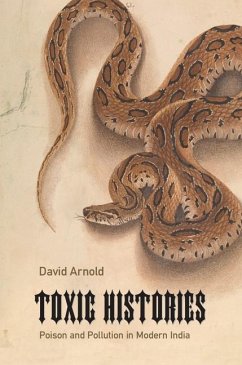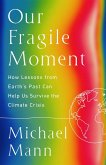Toxic Histories combines social, scientific, medical and environmental history to demonstrate the critical importance of poison and pollution to colonial governance, scientific authority and public anxiety in India between the 1830s and 1950s. Against the background of India's 'poison culture' and periodic 'poison panics', David Arnold considers why many familiar substances came to be regarded under colonialism as dangerous poisons. As well as the criminal uses of poison, Toxic Histories shows how European and Indian scientists were instrumental in creating a distinctive system of forensic toxicology and medical jurisprudence designed for Indian needs and conditions, and how local, as well as universal, poison knowledge could serve constructive scientific and medical purposes. Arnold reflects on how the 'fear of a poisoned world' spilt over into concerns about contamination and pollution, giving ideas of toxicity a wider social and political significance that has continued into India's postcolonial era.
Dieser Download kann aus rechtlichen Gründen nur mit Rechnungsadresse in A, B, BG, CY, CZ, D, DK, EW, E, FIN, F, GR, HR, H, IRL, I, LT, L, LR, M, NL, PL, P, R, S, SLO, SK ausgeliefert werden.









